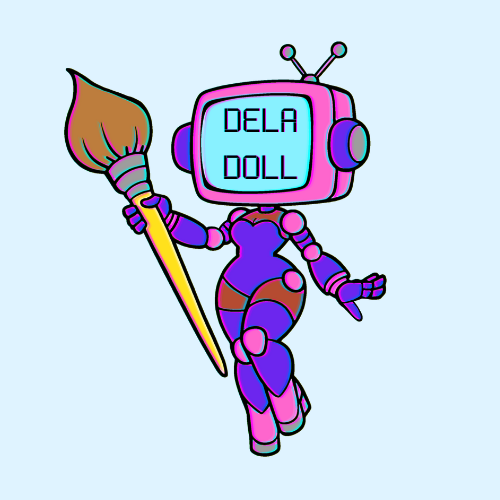In this particular portion of reading, we are presented with the idea of progress. Specifically, the main ideas seemed to be (in no particular order):
- Progress as it relates to technology
- Progress as it relates to humanity
- Progress as it relates to who is defining it and how it is being defined
I found the portion entitled “Judging and Controlling Others” to be the most intriguing because it points out the relationship between how progress is defined in terms of colonialism, nationalism, and power structures. In reference to the way Western cultures have historically imposed their way of life and their own definition of progress onto the entire world, deeming “foreign” cultures inferior simply for being dissimilar to theirs, the text states, “Rather than concluding that these others were simply different and leaving it at that, Western Europeans drew on the story of progress to explain the situation.” Basically, when encountering cultures and customs and technology that was not like their own, Western Europeans decided that their own way of life was superior to that of people in places in like Africa, and Asia, and decided that Western European culture was the benchmark by which progress was to be measured and defined.
Technology was a primary tool by which Western Europeans sought to impose their ideas of progress onto other cultures and societies. The text states that the acceptance of technology by other cultures was seen as progress. Progress could be defined in binary terms: primitive and civilized, underdeveloped and developed, etc. Western Europeans used their egocentric definition of “progress” as justification for colonization and imperialism, assigning themselves the role as the arbiters of progress, arguing that they had a moral responsibility to deliver progress (often in the form of forced assimilation, colonization, and destruction) to the cultures and people they deemed inferior.
I like that the notion of progress was challenged in that we, the readers, were asked to consider what progress truly means and how it can function as a tool for good or destruction. It is not nearly as simple as a linear course when you consider all the factors that go into trying to truly define it.
DeLa Doll is a multifaceted artist, writer, and creator with a passion for bold self-expression. With a background in professional writing, nail artistry, and makeup, she brings a unique perspective to beauty, creativity, and storytelling. As the driving force behind DeLa Doll, she blends artistry with authenticity, sharing her journey of entrepreneurship, self-discovery, and growth. Whether crafting luxury press-on nails, exploring media through a critical and creative lens, or documenting her evolving artistic vision, DeLa Doll invites her audience into a world where imagination meets intention.

![[DeLa Doll] Setting and Tracking Goals – Free Tips and Tools for Content Creators, Part 2](http://dela-doll.com/wp-content/uploads/2020/03/contentcreatorseriesP2-2-150x150.png)